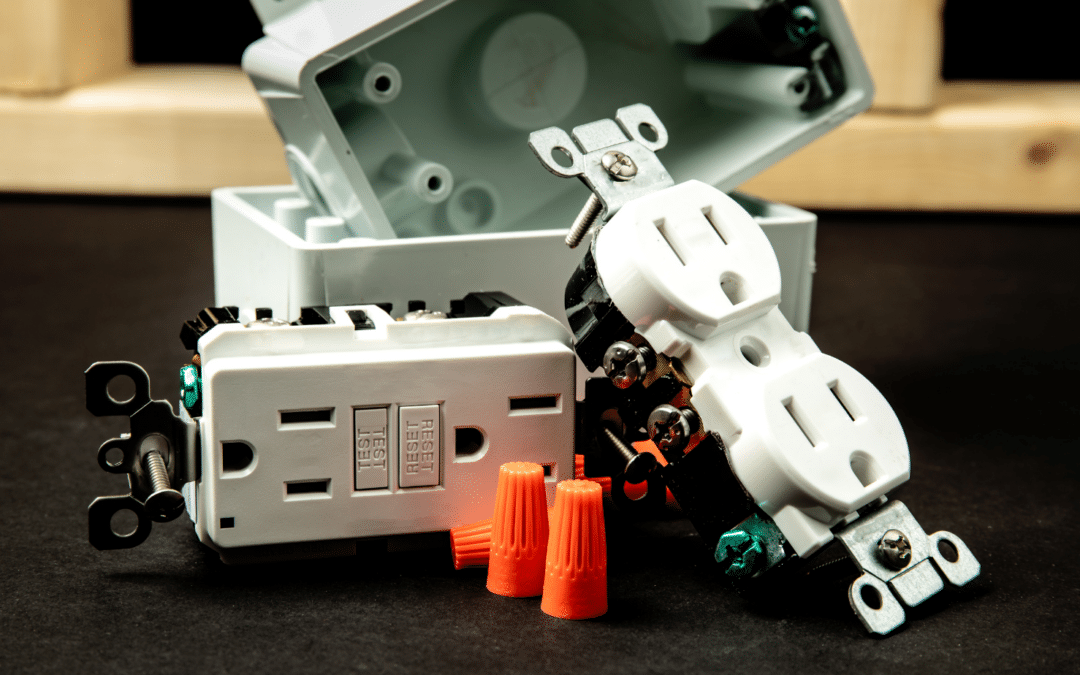As a homeowner, there are lots of things you can do yourself – perhaps with a little help from YouTube. Painting, adding sun-blocking film to windows, and changing out cabinet hardware are relatively easy upgrades you can do with just a bit of research and guidance.
Some activities that involve more risk or advanced skills may be better left to the professionals. Electrical work often falls into this group, as mistakes can result in dangerous and costly shocks or fires. If you do try to handle electrical work on your own, be aware of these 5 common mistakes.
Prefer to seek help from Metro Atlanta professionals who will get it right the first time? Just reach out.
1. Failing to test the voltage
When it comes to electricity, there’s really no such thing as being too careful. Even if you turn off the electrical circuit, you’ll want to use a voltage tester to be 200% sure everything is off before you begin work. You can pick up a voltage tester at any home improvement store. Many cost less than $10 and could save your life.
2. Failing to use GFCI outlets near water
To put it simply, water and electricity do not mix. That’s why it’s important to install GFCI (ground fault circuit interrupter) outlets in rooms like kitchens and bathrooms. GFCI outlets protect you and your family from electrical shock by shutting off power when they sense overheating or current interruptions.
For example, if you drop a hairdryer into a sink full of water, the GFCI detects the current change and shuts off power. GFCI outlets can be difficult to set up and provide protection only when they are installed correctly.
3. Reversing hot and neutral wires
Also known as reversed polarity, this is one of the most dangerous mistakes homeowners make. The mistake happens when homeowners reverse the hot and neutral electrical wires when changing out light fixtures or outlets. The wires are typically color-coded, but connecting them to the wrong terminal could destroy your equipment or severely shock you.
4. Using the wrong wire for the situation
Wires are not one size fits all. When you visit a hardware store, you’ll find indoor wires and outdoor wires in a range of gauges. It’s critical to use the right type of wire for the job to avoid overloading circuits, damaging appliances, or starting electrical fires. A professional electrician understands the right wire to use for each job in your house.
5. Cutting wires too short
Short wires can create surprisingly large problems. As a rule of thumb, make sure wires protrude three to six inches from electrical boxes. You’ll want enough length to allow you to splice the wire coming out of the wall to whatever fixture or outlet you are connecting.
Cutting wires too short makes it difficult to establish proper electrical connections and can lead to dangerous situations. To fix the issue, you’ll need to run wires again (which can be a bit of a job) or add length to wires (which can be tricky).
Know when to ask for help
We all like to save money by doing things ourselves. But when it comes to electrical work, hiring an electrician might just be the most cost-effective way to get the safe and effective results you want. If you need electrical assistance in the Marietta or Metro Atlanta area, reach out today.

